Bruxism treatment
Bruxism is an involuntary spasm of the chewing muscles during sleep, which is accompanied by teeth grinding. According to statistics, it occurs in 10% of the adult population. It is often detected by loved ones or the patient himself due to accompanying symptoms: morning jaw pain, headache, feeling tired. In this article we will look at what bruxism is in adults and how to get rid of it.

specialists

equipment

treatment
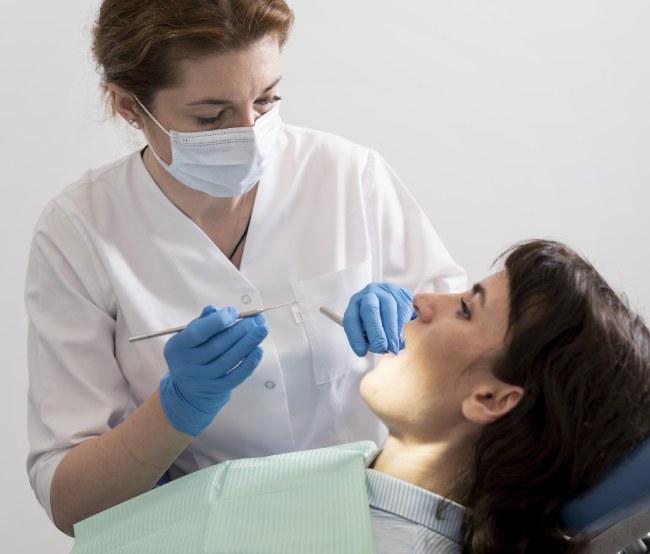
The disease most often manifests itself at night, when a person does not control the clenching of the jaws. During the day, spasm of the masticatory muscles can occur during moments of stress and emotional tension. Doctors call this condition “clenching” (translated from English “to clench” means to squeeze).
The symptoms of bruxism in adults include the following:
- Grinding of teeth during sleep
- High-quality, interrupted sleep
- Morning headaches and feeling tired after waking up
- Pain in the teeth and muscles of the masticatory apparatus, especially in the morning
- Pain in the jaw, temporal and cervical region
These symptoms are often ignored or attributed to other diseases.
Signs of prolonged bruxism include:
- Cracks and chips on enamel, fillings and crowns
- Non-carious defects at the base of the teeth, worsening the condition of the gums
- Increased sensitivity to temperature stimuli
- Deepening of nasolabial folds due to changes in bite
The disease requires examination and consultation with a dentist. If left untreated, serious maxillofacial disorders may develop.
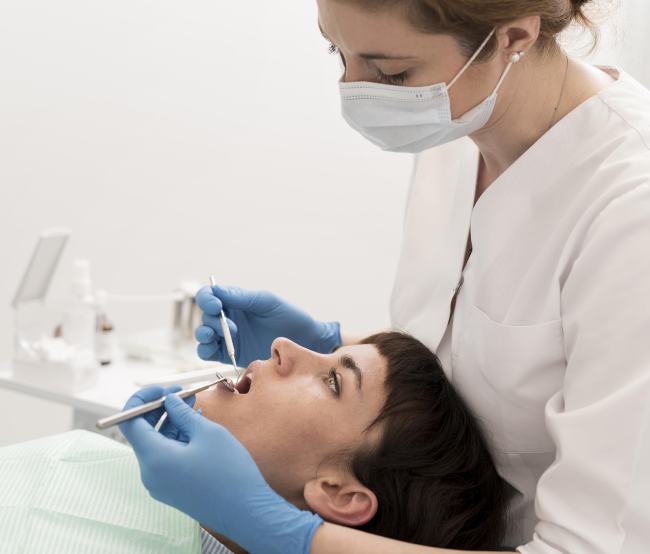
Teeth clenching during sleep is characterized by varying degrees of tooth wear. There are three degrees in total:
- The first is slight abrasion of the enamel
- Second – erasing until dentin is exposed
- Third – significant abrasion affecting the internal structures of the tooth
These stages reflect the progressive nature of the disease and help doctors determine the optimal treatment regimen. In addition to tooth wear, bruxism can lead to other negative consequences:
- Increased tooth sensitivity
- Accelerated wear of fillings and crowns
- Inflammatory processes in the periodontium
- Mobility and loss of teeth
- Changes in facial contour due to decreased height of the lower third
Bruxism can also affect the temporomandibular joint, causing pain and discomfort in the ears and neck, headaches and inflammation of the salivary glands.
Features of therapy
Which doctor treats bruxism in adults? A dentist or oral surgeon treats bruxism in adults.
The choice of treatment regimen depends on the cause of the disease and the severity of the condition. In children under 6-7 years of age, the pathology often goes away on its own and does not require special measures.
It is important to approach the treatment of bruxism consistently. First, you need to find out and eliminate the main causes and symptoms of the disease, then restore your teeth and jaws.
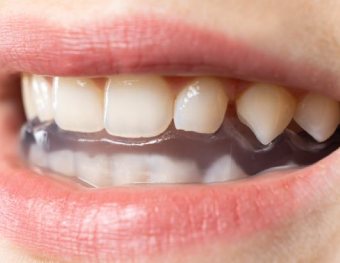
In adults, the approach to therapy should be comprehensive and include the following areas:
- Psychotherapy To correct psychogenic bruxism, cognitive-behavioral methods, biofeedback, relaxation techniques, and self-control training are used.
- Use of medications Drugs are prescribed to reduce muscle tone and convulsive activity of the masticatory muscles: sedatives, hypnotics, magnesium, calcium, B vitamins. In some cases, injections of botulinum toxin are used.
- Physiotherapy and manual techniques Include osteopathy, massage, warm compresses on the jaw area.
- Dental treatment This involves making protective mouth guards from soft materials to prevent tooth wear, grinding teeth, correcting bites, and replacing lost teeth.
- Dental restoration After eliminating the active manifestations of bruxism, the doctor corrects the aesthetic defects of the teeth. Restoration involves the installation of fillings, veneers, crowns, and treatment of periodontitis.
Prevention of bruxism
To prevent the occurrence of the disease, it is important to follow the following recommendations:
- Normalize the psycho-emotional background
- Give up bad habits
- Master methods of self-relaxation and self-massage
- Treat dental and neurological diseases in a timely manner
- Visit your dentist every six months for a preventive examination
These measures help reduce the risk of developing or progressing bruxism, as well as minimize its negative consequences.
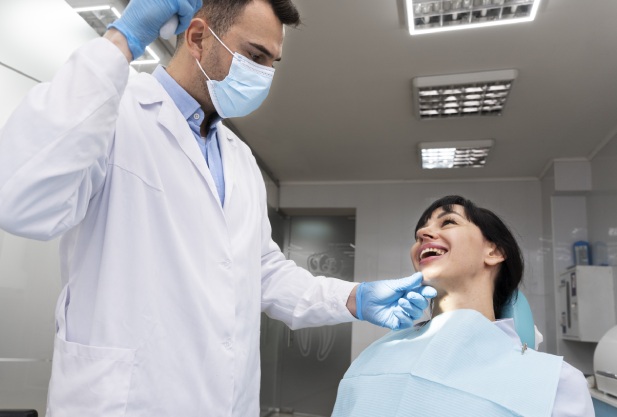
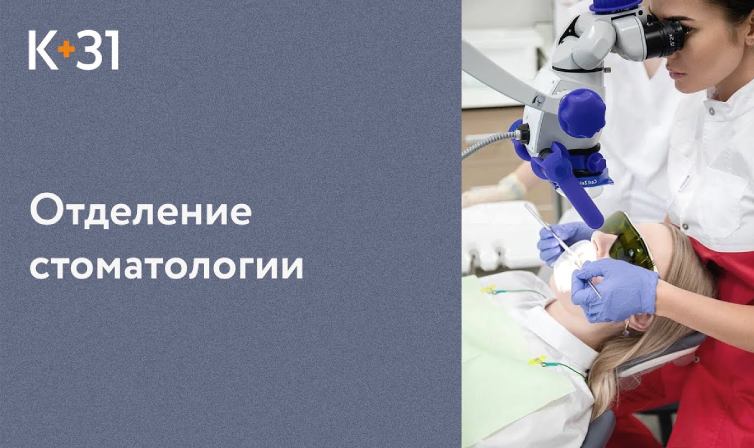
Modern methods of diagnostics and dental treatment at "K+31"
Our doctors

This award is given to clinics with the highest ratings according to user ratings, a large number of requests from this site, and in the absence of critical violations.

This award is given to clinics with the highest ratings according to user ratings. It means that the place is known, loved, and definitely worth visiting.

The ProDoctors portal collected 500 thousand reviews, compiled a rating of doctors based on them and awarded the best. We are proud that our doctors are among those awarded.
Make an appointment at a convenient time on the nearest date
Price
Other Services

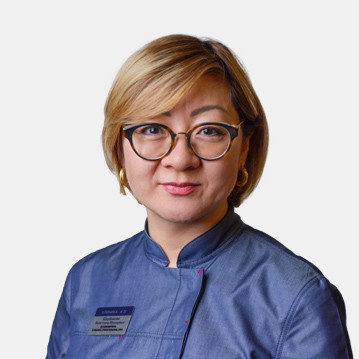
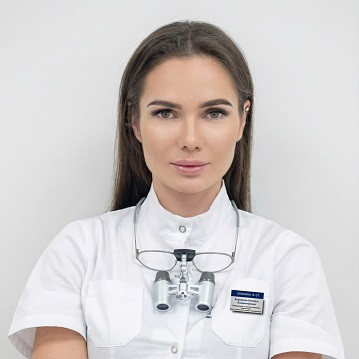
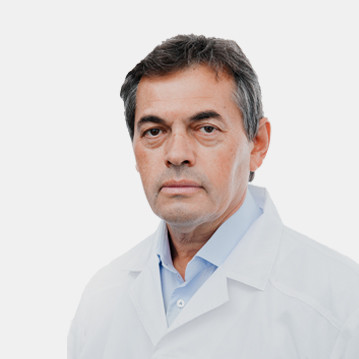
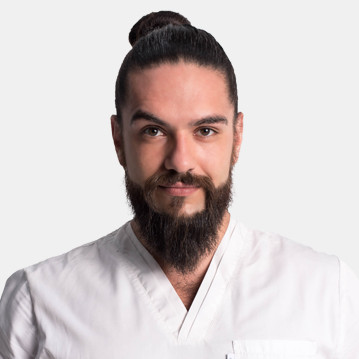
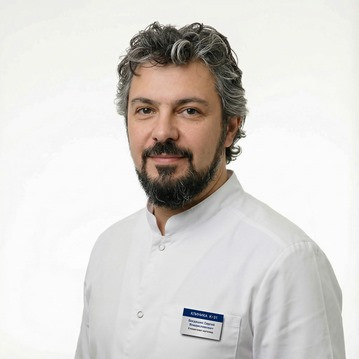
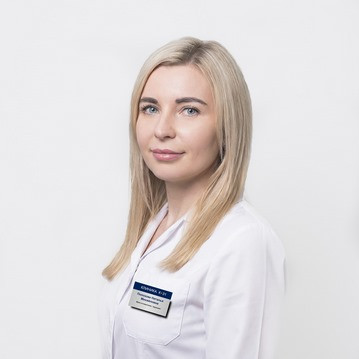
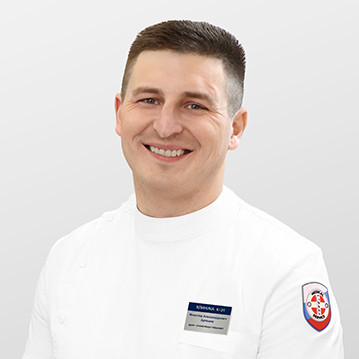
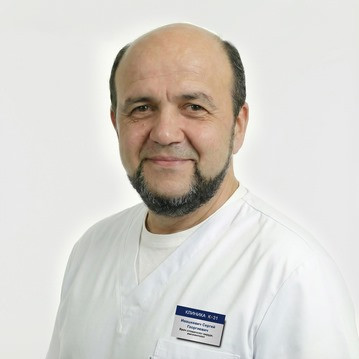
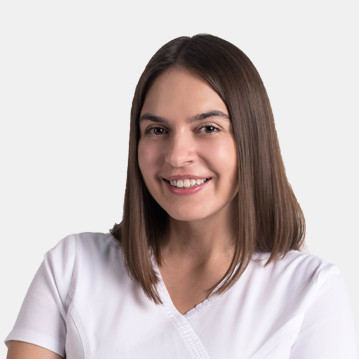
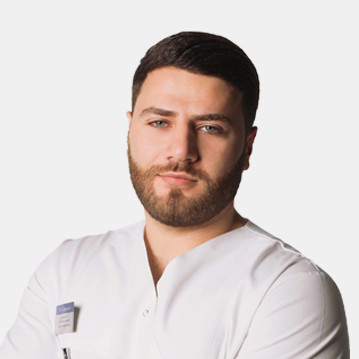
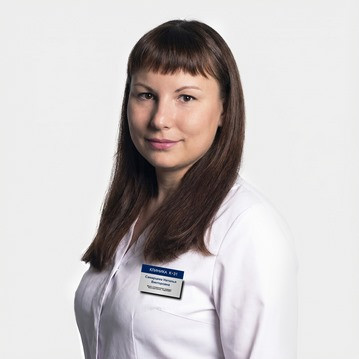

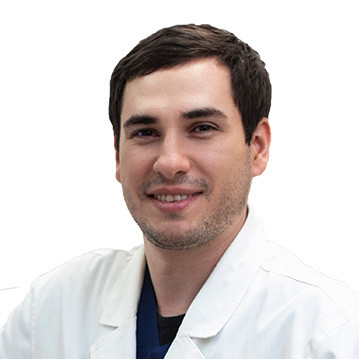
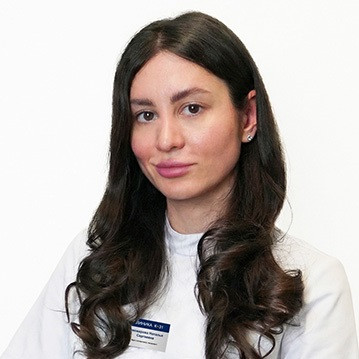
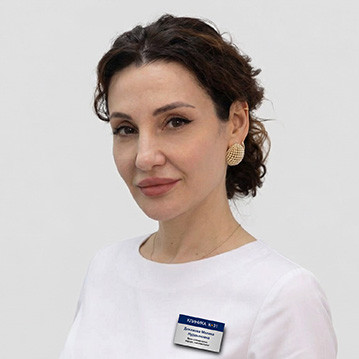
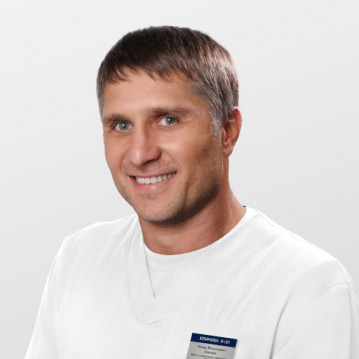
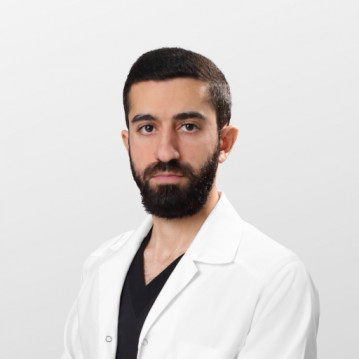
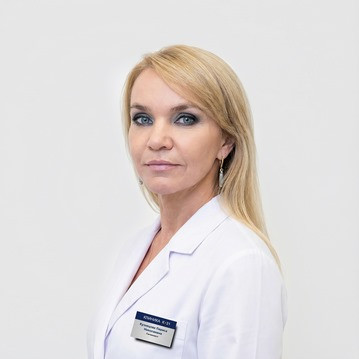
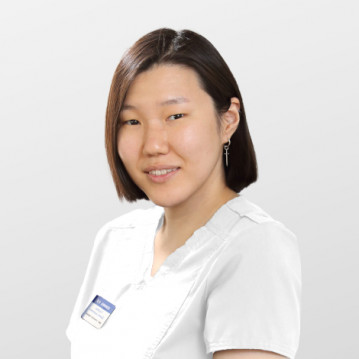
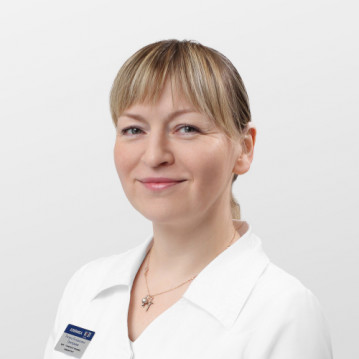
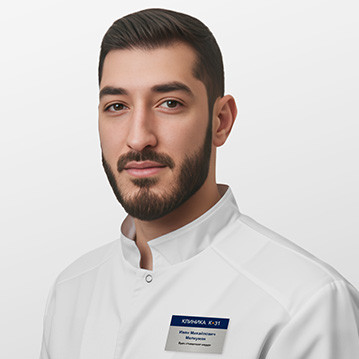
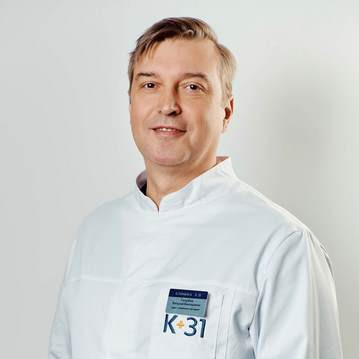
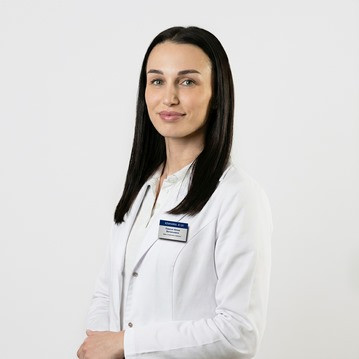
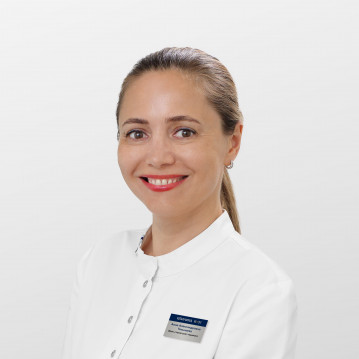
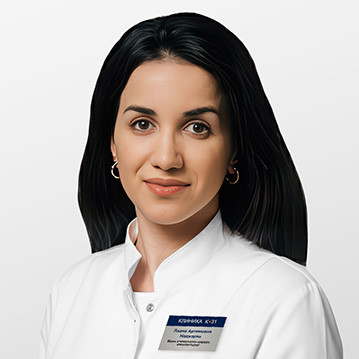
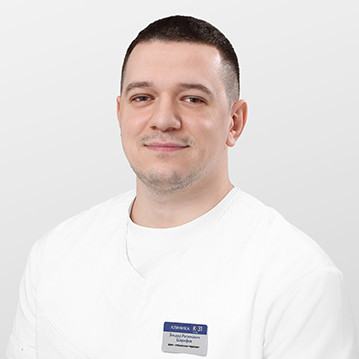
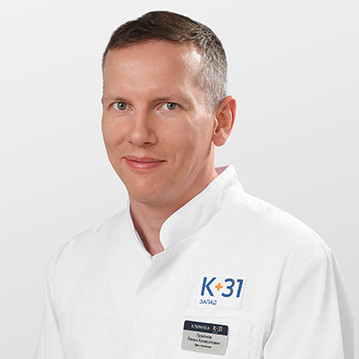
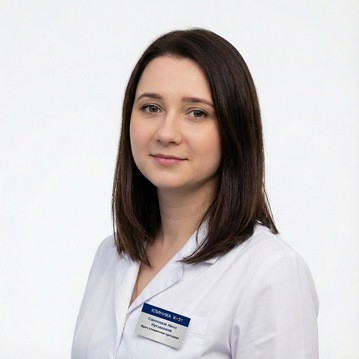
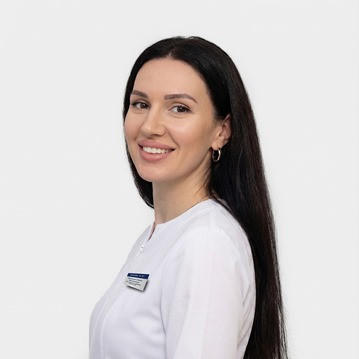

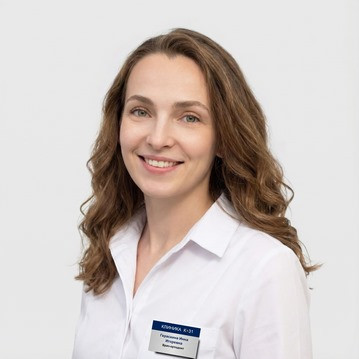
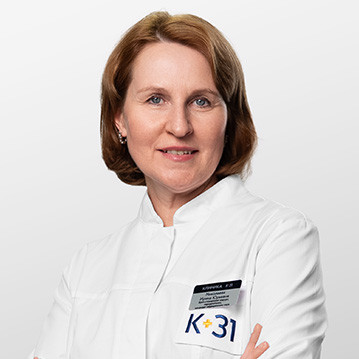
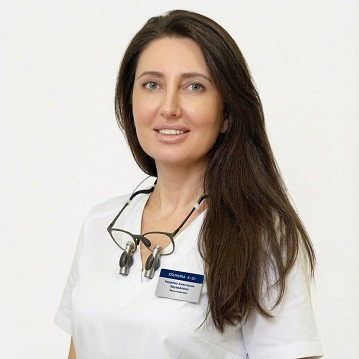
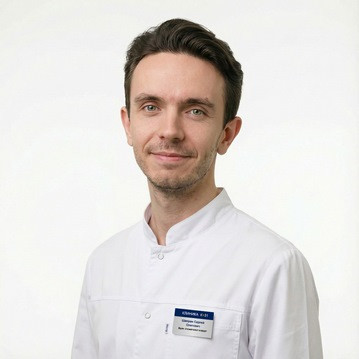
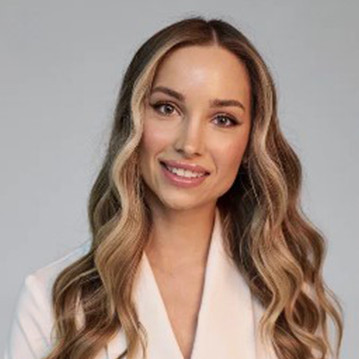
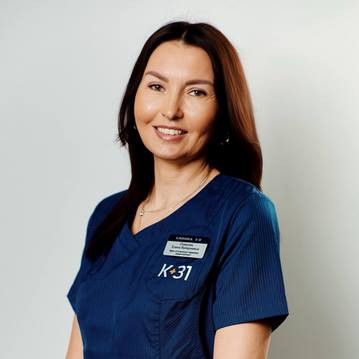
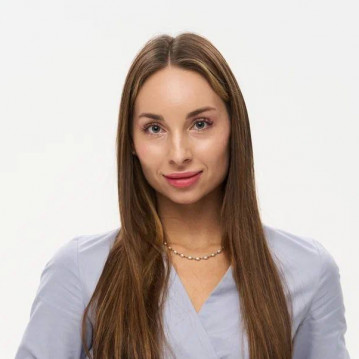
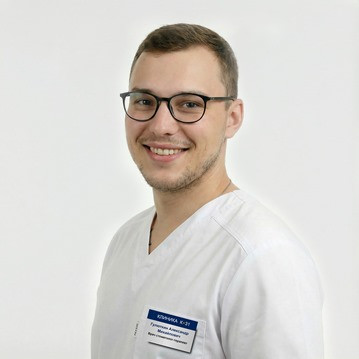

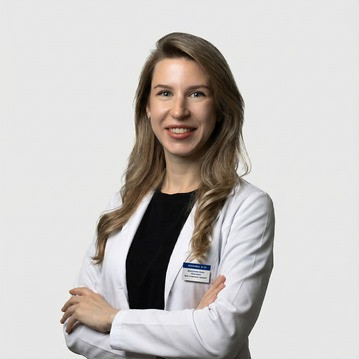
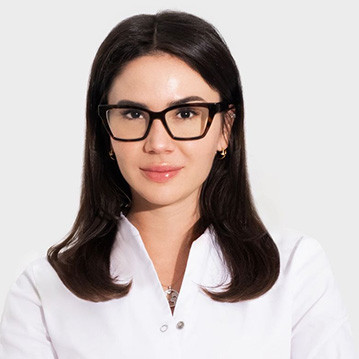
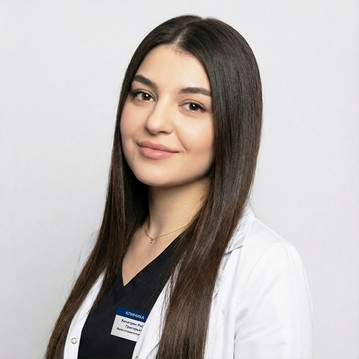
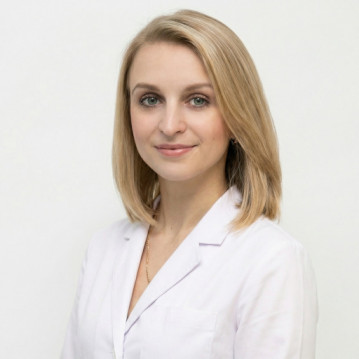
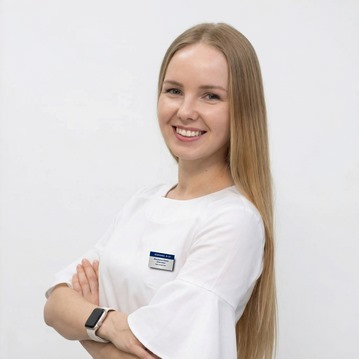
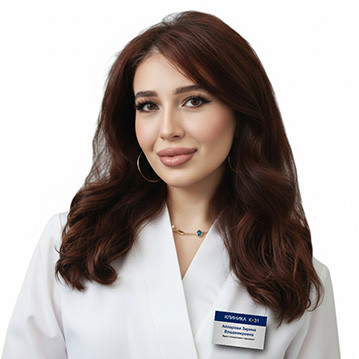
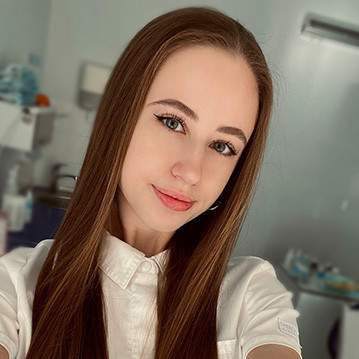







Clenching of teeth during sleep: causes and mechanisms of development
The causes of bruxism in adults include:
The disease can also develop against the background of neurological and mental disorders, sleep disorders.
If symptoms of bruxism appear, you should consult a doctor for consultation and diagnosis. Self-medication can be dangerous to health.